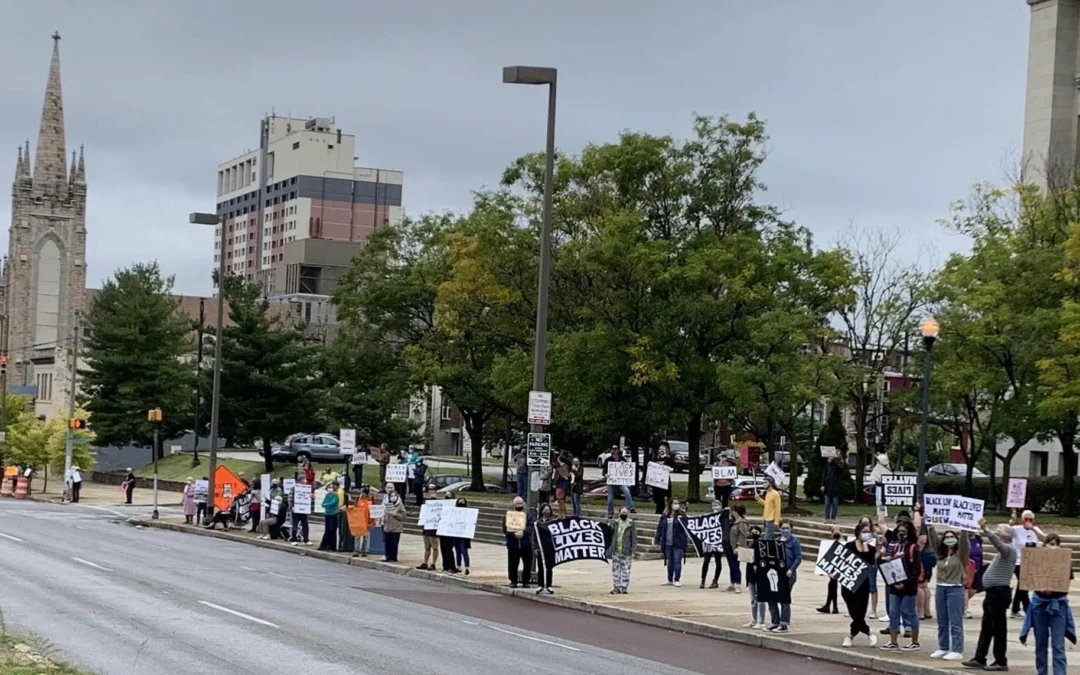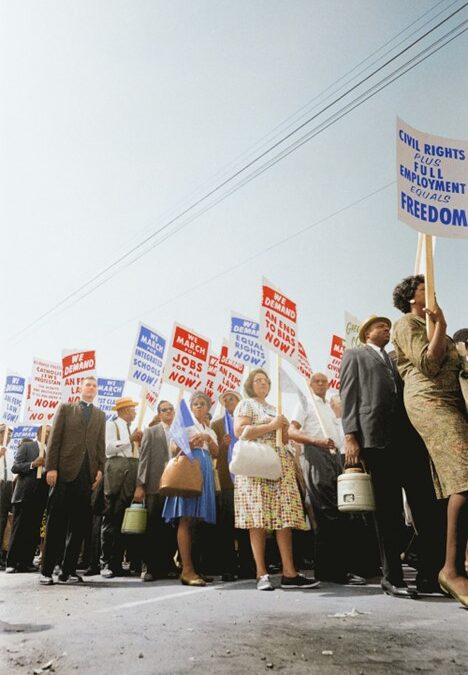This post is about the persistent push in America for white supremacy and how people of faith respond to this cycle at any time, especially during a national election. This has been among the hardest posts I have written. The subject is complex, full of emotion and divided views and there are no obvious answers. So I am asking the readers of Critical Conversations and any friends or colleagues you think might add to this discussion to help shape an important conversation about what’s at stake in our upcoming national election and how we individually and collectively respond.










 Tom Adams writes and speaks on topics vital to the intersection of our personal lives with our community and global lives. He has for decades been engaged in and written about nonprofit leadership and transitions, spirituality and spiritual growth, how we each contribute to a more just and equitable world and recovery from addictions and the Twelve Step recovery movement.
Tom Adams writes and speaks on topics vital to the intersection of our personal lives with our community and global lives. He has for decades been engaged in and written about nonprofit leadership and transitions, spirituality and spiritual growth, how we each contribute to a more just and equitable world and recovery from addictions and the Twelve Step recovery movement.